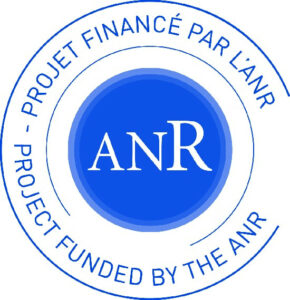 Dates : February 2020 – January 2024 – Identifier: ANR-19-CE48-0002
Dates : February 2020 – January 2024 – Identifier: ANR-19-CE48-0002
This project meets the compelling demand of developing a unified framework for distributed knowledge extraction and learning from graph data streaming using in-network adaptive processing, and adjoining powerful recent mathematical tools to analyze and improve performances. The project draws on three major parallel directions of research: network diffusion, signal processing on graphs, and random matrix theory which DARLING aims at unifying into a holistic dynamic network processing framework. Signal processing on graphs has recently provided a comprehensive set of basic instruments allowing for signal on graph filtering or sampling, but it is limited to static signal models. Network diffusion on the opposite inherently assumes models of time varying graphs and signals, and has pursued the path of proposing and understanding the performance of distributed dynamic inference on graphs. Both areas are however limited by their assuming either deterministic graph or signal models, thereby entailing often inflexible and difficult-to-grasp theoretical results. Random matrix theory for random graph inference has taken a parallel road in explicitly studying the performance, thereby drawing limitations and providing directions of improvement, of graph-based algorithms (e.g., spectral clustering methods). The ambition of DARLING lies in the development of network diffusion-type algorithms anchored in the graph signal processing lore, rather than heuristics, which shall systematically be analyzed and improved through random matrix analysis on elementary graph models. We believe that this original communion of as yet remote areas has the potential to path the pave to the emergence of the critically needed future field of dynamical network signal processing.

